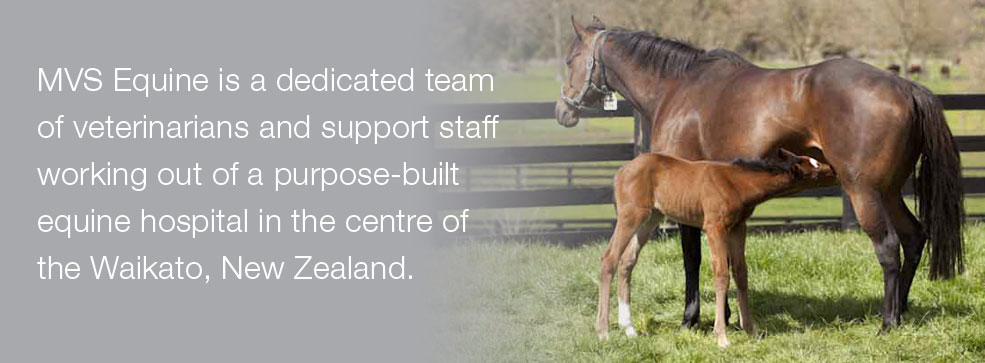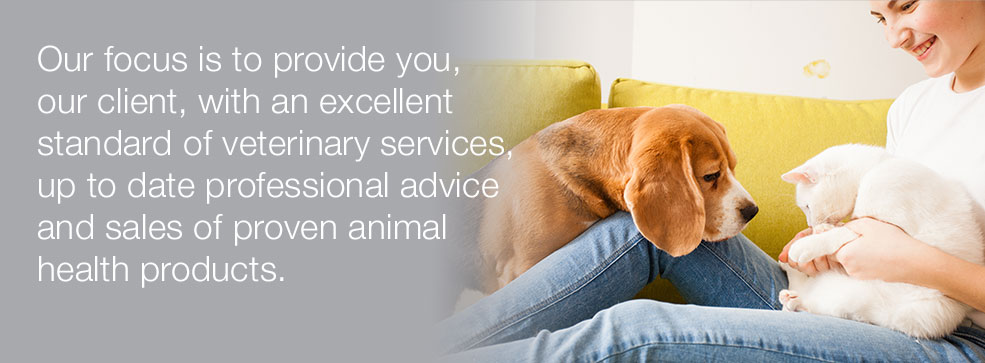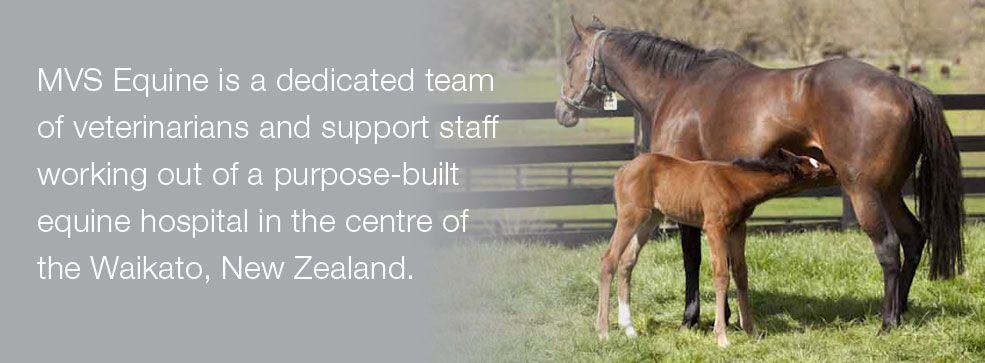September 20, 2023
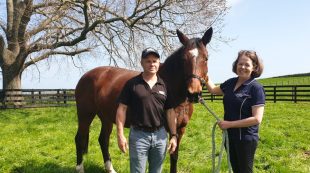
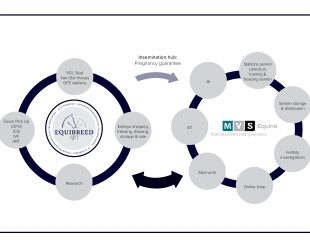
Dave Keenan – Day in the life of a Vet (Loveracing.nz)
January 8, 2023

Christmas Hours
December 21, 2022

COVID19 – Level 2
September 7, 2021
COVID19 – Level 3
August 31, 2021
COVID19 – Level 4
August 17, 2021
Dry July
July 8, 2021
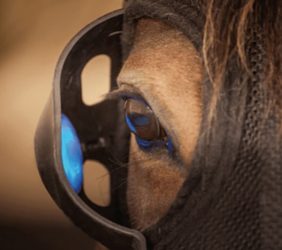
Inter Dominions 2019 at Alexandra Park
December 7, 2019
Matamata Vet Services IDOM Pacing Champs H6 (Mobile Pace) – Race 8, Alexandra Park, 6 December 2019
Winner – Cruz Bromac
“Race Images Photo”
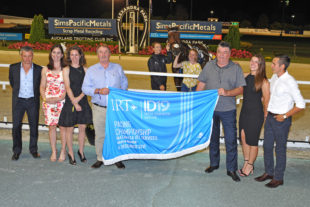
Animal Welfare Matters
October 24, 2018
On 1 October this year new animal welfare regulations come into effect. Check out the information here – www.mpi.govt.nz/animalregs
If you’re already doing it right, you won’t see a lot of change. Most of the regulations reflect existing standards, but a few do set new rules and requirements, such as prohibiting tail docking of cattle and dogs.
Regulations make it easier for MPI and the SPCA to take action against animal mistreatment. New penalties such as fines will be issued for certain actions. We will continue to prosecute the worst offenders under the Animal Welfare Act.
We’re making life better for animals, and you can help others get it right too.
- Check! Are you doing it right? Encourage others to check too – www.mpi.govt.nz/animalregs
- Ask! Email us your questions – animalwelfare@mpi.govt.nz
- Tell! Call us about an animal welfare issue – 0800 00 83 33
Key messages for horse owners: Companion horses
Regulation18: Horses tethered for the purpose of grazing.
Tethering your horse for grazing is not recommended. If you have to tether your horse for grazing, your horse must have constant access to a supply of water, food, shade, and protection from heat and cold. If you don’t provide this to horses tethered for grazing, you can be fined $300.
Check your horses regularly when tethered. Tethering for grazing is not appropriate for long periods of time, as horses need exercise.
Regulation 19: Use of equipment that may injure horses.
Any equipment used on a horse must not cause injuries such as cuts and abrasions that bleed or discharge, or swelling around the head and neck.
Equipment used on a horse must ensure the horse is able to breathe and drink normally. Equipment can include, but is not limited to, halters, bridles, lead ropes, bits, and nosebands. Keep your equipment clean, and ensure saddles and covers are
fitted correctly. Horses that wear equipment need to be checked regularly/daily. If you use equipment that causes injury to horses you can be fined $300.
Regulation 20: Persons must not strike a horse on its head.
Horses must not be struck on the head, with hands or any other object. If you strike a horse on its head you can be fined $500.
Regulation 54: Castrating horses.
Castration is a painful, surgical procedure that must be carried out by a veterinarian using local or general anaesthetic. If a horse is castrated without local or general anaesthetic you could face a criminal conviction and a fine of up to $5000 for an individual or $25,000 for the business.
Key messages for horse owners: Racing and sport horses
Regulation 18: Horses tethered for the purpose of grazing.
Tethering your horse for grazing is not recommended. If you have to tether your horse for grazing, your horse must have constant access to a supply of water, food, shade, and protection from heat and cold. If you don’t provide this to horses tethered for grazing, you can be fined $300.
Check your horses regularly when tethered. Tethering for grazing is not appropriate for long periods of time, as horses need exercise.
If you need to tether your horse, you’ll be fine as long as you ensure that the tether you use
- Is an appropriate length and material to allow for normal breathing and drinking.
- Keeps the animal from being caught up on nearby objects and injured.
Otherwise you can be fined $300.
Regulation 19: Use of equipment that may injure horses.
Any equipment used on a horse must not cause injuries such as cuts and abrasions that bleed or discharge, or swelling around the head and neck. All equipment used on a horse must ensure the horse is able to breathe and drink normally.
Use equipment that is approved for use in your sport. Equipment that is not clean, ill fitted to your horse, or not used appropriately can cause injuries and swelling, or result in the horse experiencing pain or distress.
If you use equipment that causes injury to the horse, or swelling around the head or neck, you can be fined $300.
Regulation 20: Persons must not strike a horse on its head.
If you strike a horse on the head you can be fined $500
Regulation 54: Castrating horses.
Castration is a painful, surgical procedure that must be carried out by a veterinarian using local or general anaesthetic. If a horse is castrated without local or general anaesthetic you could face a criminal conviction and a fine of up to $5000 for an individual or $25,000 for the business.
Regulation 48: Prodding animals in sensitive areas.
You must not strike or prod an animal in sensitive areas with a goad. Failure to comply with this regulation can result in a $500 fine. A goad is any object used to make an animal move. Electric prodders are not recommended for use at all.
MVS Success at the 2018 New Zealand Equine Veterinary Association Conference
June 25, 2018
We are very proud of three of our veterinarians, Barbara Hunter, Jonathan Tam and Therese Ritson, who presented at the New Zealand Veterinary Association conference in the Equine stream.
A massive congratulations also goes to Jonathan who won the award for Best Young Practitioner Presentation at the New Zealand Equine Veterinary Association Conference for his presentation on POD (palmar/plantar osteochondral disease).


